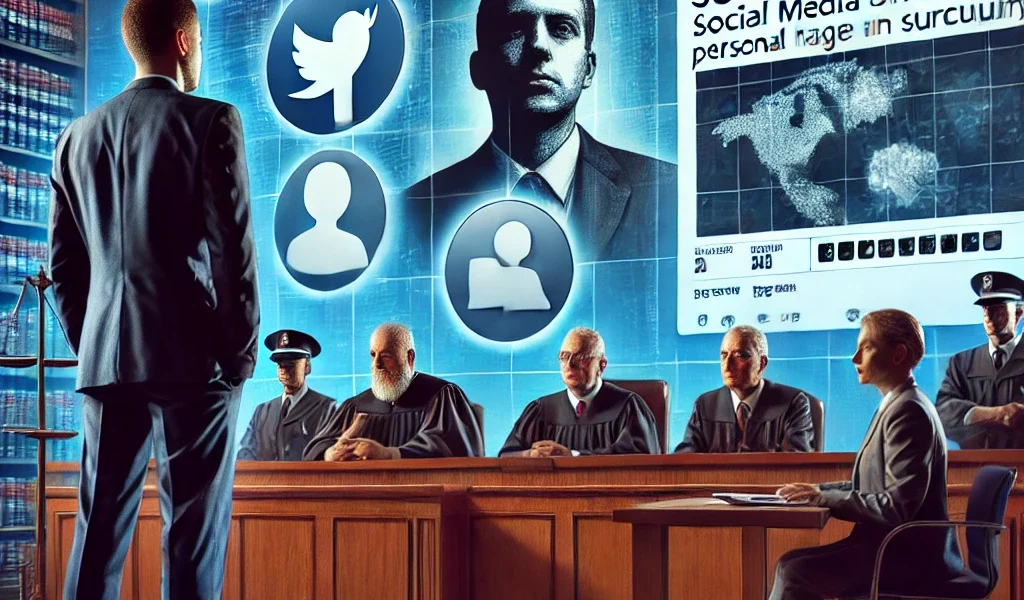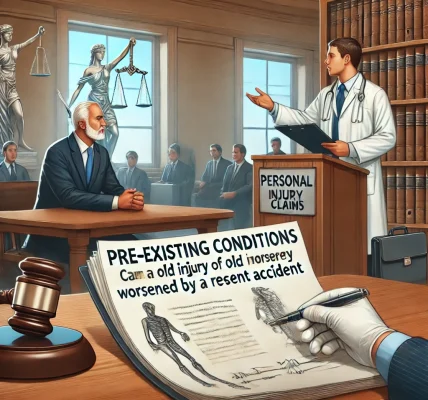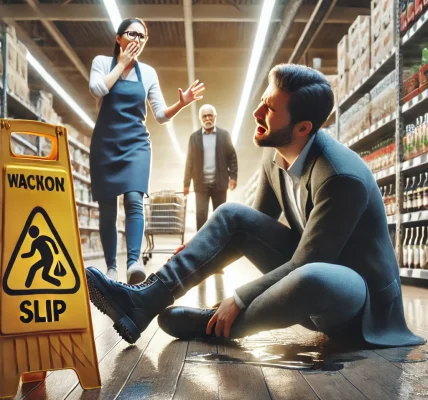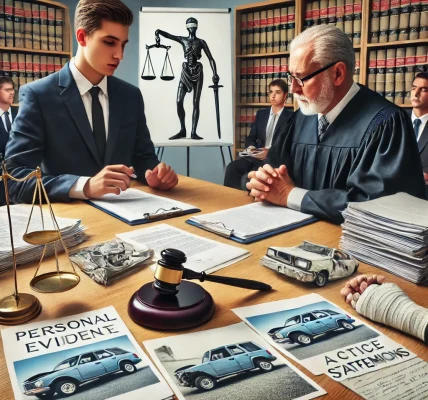Introduction
In today’s digital world, social media plays a significant role in our daily lives. Platforms like Facebook, Instagram, Twitter, and TikTok allow users to share their thoughts, experiences, and updates with the world. However, when involved in a personal injury case, social media activity can significantly impact the outcome of your claim.
Many people don’t realize that insurance companies, defense attorneys, and even opposing parties closely monitor social media accounts for evidence that could undermine a claim. A single post, photo, or comment could be used against you in court to diminish or deny your compensation.
In this article, we’ll explore how social media can affect your personal injury case, what mistakes to avoid, and best practices to protect your claim.
How Social Media Can Harm Your Personal Injury Case
1. Contradicting Your Claim
One of the biggest risks of social media in a personal injury case is that your posts may contradict your claims. For example:
- If you claim you suffered a severe back injury but post pictures of yourself hiking or dancing, the opposing party may argue that your injuries are exaggerated or fake.
- A status update saying you’re “feeling great” after an accident can be misinterpreted to suggest that your injuries are not as serious as claimed.
2. Surveillance by Insurance Companies
Insurance adjusters actively search for ways to devalue your claim. They often check social media accounts for evidence that can be used against you, including:
- Photos of you engaging in physical activities that contradict your injuries.
- Check-ins at locations that suggest you are more mobile than you claimed.
- Tagged posts by friends or family that indicate you are more active than your claim suggests.
3. Posts from Friends and Family Can Also Hurt You
Even if you refrain from posting, your friends or family members’ posts can still affect your case. If they tag you in a post or share photos of you engaging in activities that contradict your injury claims, defense attorneys may use it as evidence.
4. Comments and Interactions May Be Used as Evidence
What you comment on others’ posts or reply to messages can be taken out of context. Insurance companies and defense attorneys can use:
- Messages where you downplay your injuries.
- Comments where you joke about your accident.
- Posts that suggest you were at fault for the accident.
Best Practices to Protect Your Personal Injury Case on Social Media
1. Set Your Accounts to Private
While setting your social media accounts to private can offer some level of protection, it’s not foolproof. Insurance companies may still find ways to access your content. However, limiting public access makes it harder for them to gather damaging evidence.
2. Avoid Posting About Your Case
Do not share details about your case, injuries, settlement negotiations, or discussions with your attorney. Even a simple post like “Finally making progress on my case” could be misinterpreted.
3. Don’t Accept Friend Requests from Strangers
Defense attorneys or insurance adjusters sometimes create fake profiles to gain access to claimants’ social media accounts. Be cautious about accepting friend requests from unknown individuals during your case.
4. Ask Friends and Family to Avoid Tagging You
Inform your close contacts not to tag you in photos or posts related to your activities, as this can also be used as evidence.
5. Refrain from Posting New Photos or Videos
Even seemingly innocent pictures or videos may be used against you. A photo of you smiling at a family gathering may be used to argue that you are not in pain or distress.
6. Disable Location Check-ins
Checking into a gym, vacation spot, or event can suggest that you are more active than your injury claim states. Turn off location settings on social media apps to avoid creating a digital trail.
7. Avoid Discussing Financial Aspects of Your Case
Talking about settlement offers or expected compensation can negatively impact negotiations. Insurance companies may use this information to offer lower settlements or challenge your claim.
How Lawyers Use Social Media in Personal Injury Cases
Just as insurance companies use social media to challenge claims, your attorney can use social media to strengthen your case:
- Gathering evidence if the defendant admits fault on social media.
- Collecting photos or videos proving the severity of the accident.
- Using social media posts to demonstrate witness credibility or inconsistencies in the defendant’s statements.
What to Do If You Have Already Posted Something Harmful
If you have already made social media posts that could harm your personal injury claim, follow these steps:
- Do not delete posts: Deleting social media content after filing a claim can be seen as destroying evidence, which might lead to legal consequences.
- Inform your attorney: Let your lawyer know about any concerning posts so they can prepare a strategy.
- Stop posting immediately: Cease all social media activity related to your injury, accident, or legal case.
Conclusion
Social media can have a major impact on your personal injury case. Anything you post, even unintentionally, can be used against you by insurance companies or opposing lawyers. By limiting your social media activity, adjusting privacy settings, and avoiding discussions about your case, you can protect your claim and maximize your compensation.
If you are pursuing a personal injury claim, it is always best to consult with an attorney about how to handle your social media presence. Being cautious online could mean the difference between winning and losing your case.
Have you been injured due to someone else’s negligence? Contact a personal injury attorney today for expert guidance on protecting your rights and securing the compensation you deserve.




